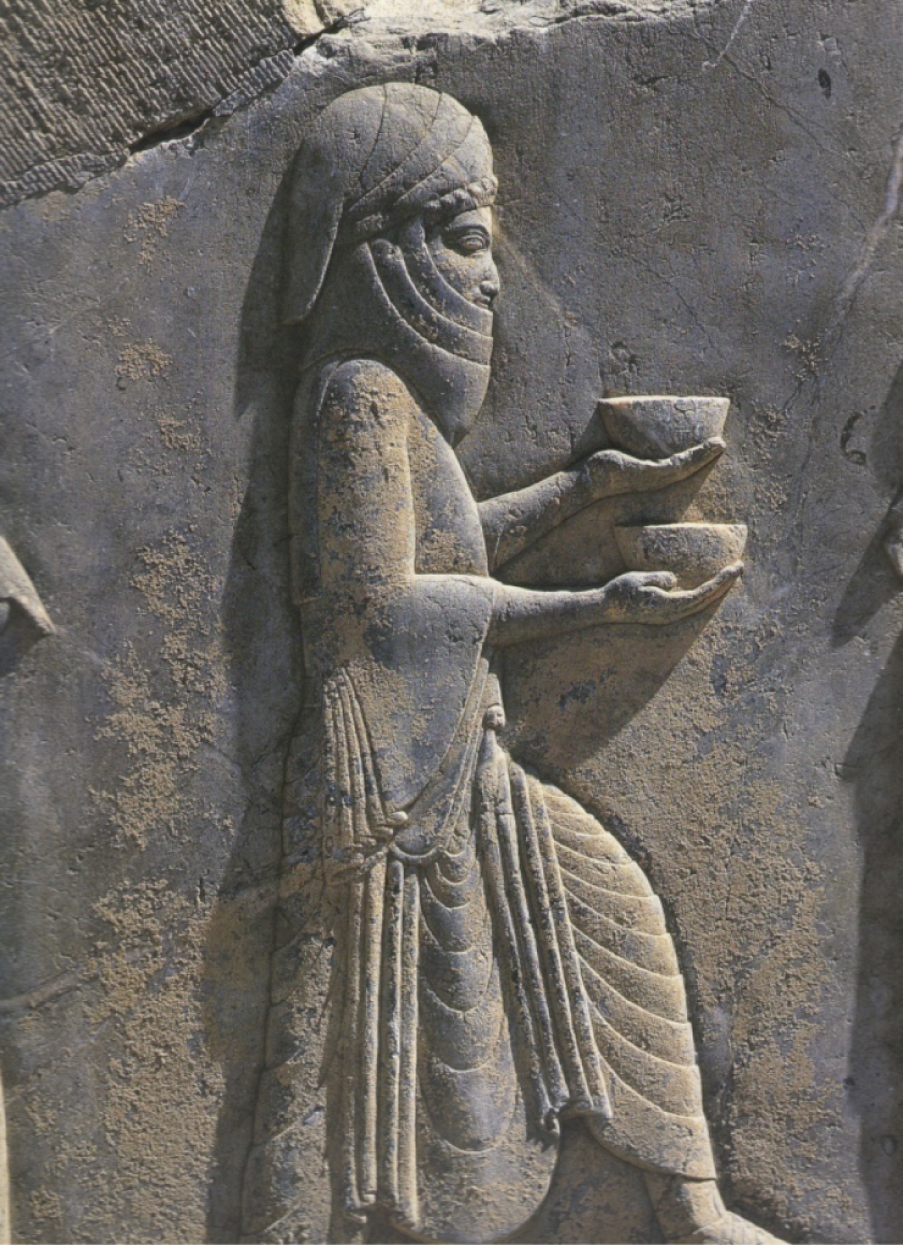Zoroastrian Priests: Ancient Persian Psychiatrists

The happiness drug is a drug whose dose is 1 measure (0.6 g), administered with a soothing manner and understanding. It contains:If I don't do this, what should I do? (1 measure)Tomorrow may be better than today. (1 measure)It can be worse than now. (1 measure)It is better to become happy for what happened. (1 measure)It is worse to become sad for what occurred. (1 measure)These substances should be mixed in the “patience mortar” by the “invocation pestle,” then sifted through the “God-trust sieve.” The drug should be administered in the “refuge-in-God medicine cup” with “competence water” every morning. “Happiness without any bad mentality is beneficial for body and soul” (3).
Footnotes
References
Information & Authors
Information
Published In
History
Authors
Metrics & Citations
Metrics
Citations
Export Citations
If you have the appropriate software installed, you can download article citation data to the citation manager of your choice. Simply select your manager software from the list below and click Download.
For more information or tips please see 'Downloading to a citation manager' in the Help menu.
View Options
View options
PDF/EPUB
View PDF/EPUBLogin options
Already a subscriber? Access your subscription through your login credentials or your institution for full access to this article.
Personal login Institutional Login Open Athens loginNot a subscriber?
PsychiatryOnline subscription options offer access to the DSM-5-TR® library, books, journals, CME, and patient resources. This all-in-one virtual library provides psychiatrists and mental health professionals with key resources for diagnosis, treatment, research, and professional development.
Need more help? PsychiatryOnline Customer Service may be reached by emailing [email protected] or by calling 800-368-5777 (in the U.S.) or 703-907-7322 (outside the U.S.).

